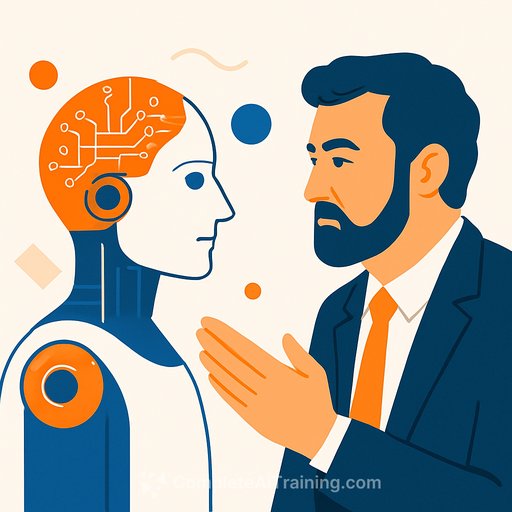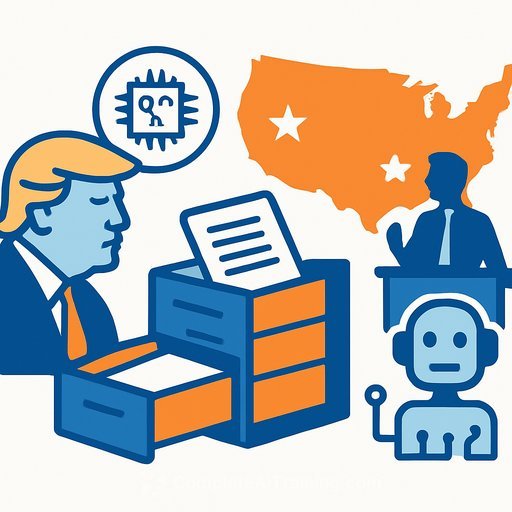Government Commissioner Palkovics: Current AI Structures Unlikely to Lead to Consciousness
August 8, 2025
Artificial intelligence, as it stands today, is unlikely to develop self-awareness, according to László Palkovics, Government Commissioner for Artificial Intelligence. Speaking on the Bold Truth About Hungary podcast, he emphasized that conscious AI would require a deliberate intention from humanity, which he argued is improbable. “Why would humanity want to create an enemy? We already have enough,” he said.
Palkovics suggested that concerns about conscious AI belong more to philosophical or theological debates rather than scientific or engineering discussions. He described these fears as interesting but better suited for conversations among philosophers, not mathematicians or engineers.
Foundations of AI Development in Hungary
He outlined four critical factors necessary for AI advancement:
- Access to data
- Computational power
- A suitable legal and financial environment
- Intent combined with talent
Palkovics highlighted that Hungary meets all these conditions. The country benefits from well-structured national data sets across sectors such as agriculture, forestry, wildlife management, and healthcare. The archives of the Central Statistical Office also provide valuable data resources.
On computational power, Hungary operates smaller supercomputers like the Komondor system in Debrecen and is planning to procure a 20-petaflop machine named Levente. The nation’s energy infrastructure supports the continuous and growing energy needs of such systems, including the shift toward renewable sources.
Local AI Models and Digital Citizenship
Addressing calls for AI models developed in Hungary and tailored to the Hungarian language, Palkovics acknowledged their limitations compared to global AI systems. However, he pointed out their usefulness in specific domains where specialized, high-quality data is available. “The value lies in the data we train them on—and we have a lot of usable, well-structured data,” he said.
He also defended Hungary’s Digital Citizenship Program against concerns of surveillance. According to Palkovics, the program simplifies state operations and enhances convenience for citizens without infringing on privacy.
Unlocking National Data for Policy and Public Services
Reflecting on his previous cabinet experience, Palkovics noted a growing government awareness of the untapped potential within existing national data. This data can significantly improve policy preparation and modernize public services.
For government professionals interested in advancing AI skills relevant to policy and public administration, exploring targeted AI training courses can be valuable. Resources like Complete AI Training’s courses by job role offer practical pathways to build expertise.
Your membership also unlocks:






